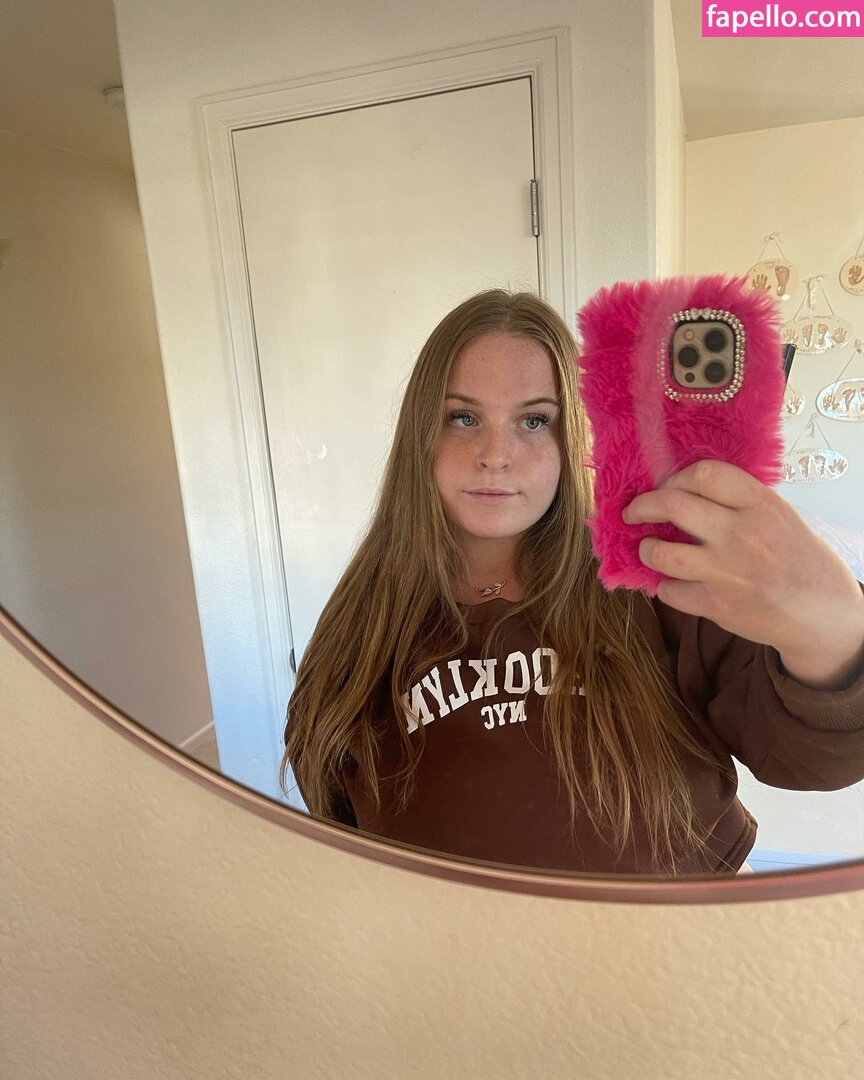Kyla Yesenosky Nude Photos: Controversy, Privacy, And Reactions
Has the digital age eroded the sanctity of privacy, particularly for those in the public eye? The controversy surrounding Kyla Yesenosky's leaked private content highlights the complex intersection of celebrity culture, digital ethics, and the enduring human fascination with the lives of others.
The proliferation of social media and the ease with which information can be shared online have created a challenging environment for public figures. Kyla Yesenosky, a name that has recently become synonymous with online discussion, finds herself at the center of a digital storm. This article aims to navigate the complexities of her situation, examining the ethical implications, the public reactions, and the lasting impact on her life and career. The unauthorized release of private content is a violation of privacy, and understanding the nuances of this issue requires a careful examination of the facts, the myths, and the broader societal context.
| Category | Details |
|---|---|
| Name | Kyla Yesenosky |
| Known For | Social Media Presence, Former Adult Film Actress and Model |
| Online Presence | Active on TikTok and Instagram |
| Controversy | Unauthorized Release of Private Content (Nude Photos) |
| Ethical Concerns | Privacy violations, consent, exploitation |
| Public Reaction | Mixed: Curiosity, criticism, and concern |
| Impact | Potential damage to reputation, career implications |
| Digital Footprint | Online content, social media engagement |
| Reference | Kyla's TikTok Profile (Note: Direct verification of all details can be challenging due to the nature of online information and potential privacy restrictions. Information is compiled based on available data and public discussions.) |
The digital landscape has transformed how we consume information and engage with public figures. Kyla Yesenosky's experience is a stark illustration of the challenges faced by individuals whose lives are increasingly lived online. The "Kyla Yesenosky nude" search term is a stark reminder of the public's fascination, often bordering on obsession, with personal details. This interest, amplified by the instantaneous nature of social media, can have profound consequences for those involved.
The spread of intimate images and videos, without consent, constitutes a significant breach of privacy. This violation is amplified by the sheer speed and breadth of the internet, making it nearly impossible to control the dissemination of such content once it has been released. The ethical implications are clear: the unauthorized sharing of private material disregards individual rights and can lead to severe emotional distress and reputational damage.
The public reaction to such breaches is often multifaceted. While some may express curiosity or even amusement, others are quick to condemn the violation and express support for the individual whose privacy has been invaded. There is a growing awareness of the impact of "revenge porn" and other forms of online harassment, leading to calls for greater protection and accountability. The debate also includes the responsibilities of social media platforms in regulating content and protecting their users.
Kyla's choices, as a public figure, and the subsequent public reactions, highlight the complex nature of celebrity culture. Her online presence, her career decisions, and the reactions of her fans and critics all contribute to the narrative. These factors influence her public image and can impact her professional opportunities. The discussion frequently brings up questions about the boundaries of consent, the nature of online privacy, and the responsibilities of individuals in the age of constant surveillance.
The phrase "Kyla Yesenosky naked" is frequently used in search queries, reflecting the publics interest. It's crucial to approach this topic with a balanced perspective, acknowledging the publics fascination with her while also upholding the ethical considerations of unsolicited exposure. The article recognizes the need to provide accurate information while also respecting the individual's privacy. This includes refraining from re-circulating any leaked content and focusing on the larger implications of the events.
Kyla Yesenoskys case serves as a window into the darker side of the internet, where privacy is often a casualty. As social media continues to amplify the reach of personal stories, her situation sparks important debates about consent and the implications of shared media in the digital age. Her experience is a reminder that the digital footprint can be indelible, and the consequences of unauthorized leaks can be far-reaching. The situation of Kyla Yesenosky is just one example of how celebrities and public figures often become targets of such breaches, leading to widespread debates on digital ethics and privacy laws.
The unauthorized release of private content is not only a violation of privacy but can also result in significant emotional distress and reputational damage. The ethical implications are far-reaching, touching on issues of consent, exploitation, and the potential for long-term harm. The impact can be felt on personal relationships, career prospects, and overall well-being.
The rise of social media has blurred the lines between public and private life. The constant need to share, to be seen, and to maintain an online persona creates a constant pressure. The allure of social media can be intoxicating, leading to both personal and professional opportunities. The question of personal responsibility arises: at what point do individuals become responsible for the way in which their content is consumed and shared?
The media's role in reporting on these events is also crucial. Ethical journalism demands a commitment to accuracy, fairness, and respect for privacy. Responsible reporting should aim to inform the public without sensationalizing the events or causing further harm to the individual involved. The goal is to generate awareness and encourage reflection on the ethical considerations of living and engaging in the digital world.
Kyla Yesenoskys story provides a clear example of the challenges that are inherent in the current digital age. As the boundaries of privacy are tested, and reputations can be easily damaged, it is essential to foster conversations around digital ethics and responsible online behavior. It is not enough to be aware of the dangers; proactive measures must be put in place to protect individuals and support the creation of a safer online environment.
The case of Kyla Yesenosky underscores the need for stronger privacy laws, increased awareness of online safety, and a greater emphasis on digital ethics. The conversation extends beyond the individual case, touching upon the responsibilities of social media platforms, the role of media in reporting sensitive information, and the crucial importance of consent in the digital age. The incident has opened the door for a broader discussion that will likely shape how we live, work, and interact online for many years to come.
As the digital world evolves, its becoming increasingly important to be cautious. The events surrounding Kyla Yesenosky serve as a reminder of the potential dangers of the online landscape. It is our collective responsibility to promote ethical online behavior and create a safer digital world. By engaging in thoughtful conversations about the challenges we face, we can begin to build a more responsible and respectful digital environment.
The ongoing discussion surrounding the case of Kyla Yesenosky illustrates the profound impact of the internet and the need for careful consideration of digital ethics. It is imperative to approach such topics with sensitivity and a commitment to safeguarding privacy in an age where information spreads instantaneously. The goal is to foster a deeper comprehension of the multifaceted nature of online challenges and cultivate a culture that values respect, consent, and ethical behavior.
The circumstances surrounding Kyla Yesenoskys content leaks offer a valuable opportunity to evaluate the challenges of the digital world. As public figures navigate the complexities of online interaction, it is imperative to strike a balance between freedom of expression and respect for individual privacy. The conversation should revolve around creating a better and more responsible digital environment.


